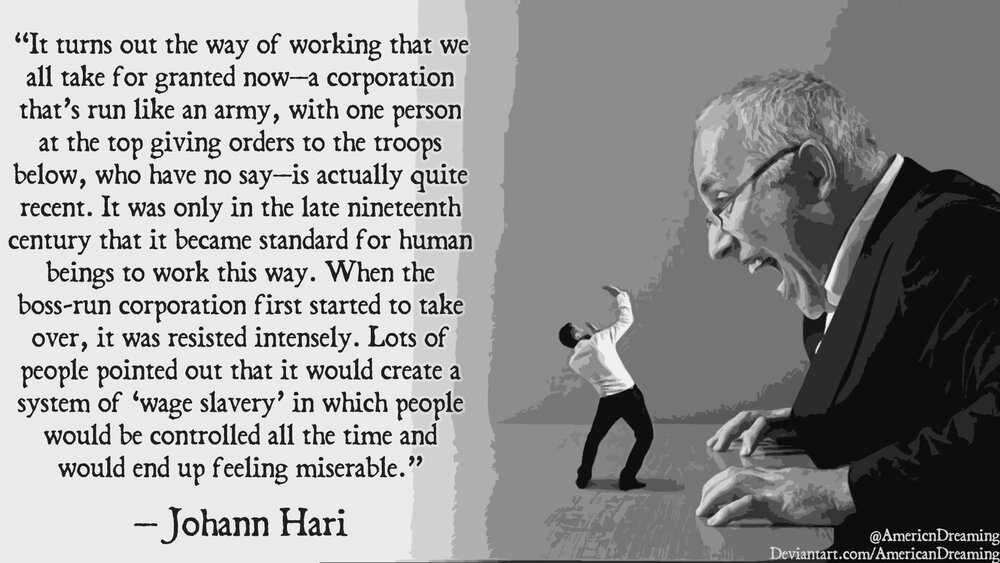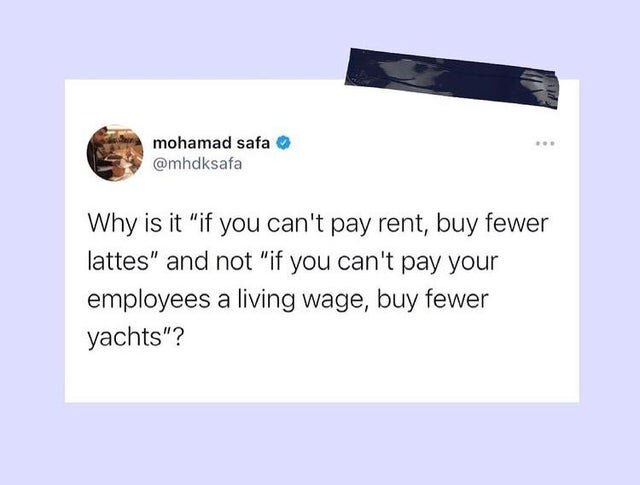- Articles
- Forum Archive
- Psychology, Psychiatry, Psychotherapy, and Health
- Mental Health in the Workplace and on Campus
You are using an out of date browser. It may not display this or other websites correctly.
You should upgrade or use an alternative browser.
You should upgrade or use an alternative browser.
- Thread starter Daniel E.
- Start date
More threads by Daniel E.
"Rather than attempting to eliminate uncertainty, CTC [chaos theory of careers] interventions reframe uncertainty as a potential source of opportunities and emphasize openness, flexibility, and readiness to take advantage of unplanned events that often surround career decision making."
In 2004, "human capital" (German: Humankapital) was named the German Un-Word of the Year by a jury of linguistic scholars, who considered the term inappropriate and inhumane, as individuals would be degraded and their abilities classified according to economically relevant quantities.
"The more you focus on what has happened successfully during the course of your day, the faster it will go by, because you're less overwhelmed by the next thing on the list and enjoying a sense of accomplishment instead," Crawford says.

 boingboing.net
boingboing.net
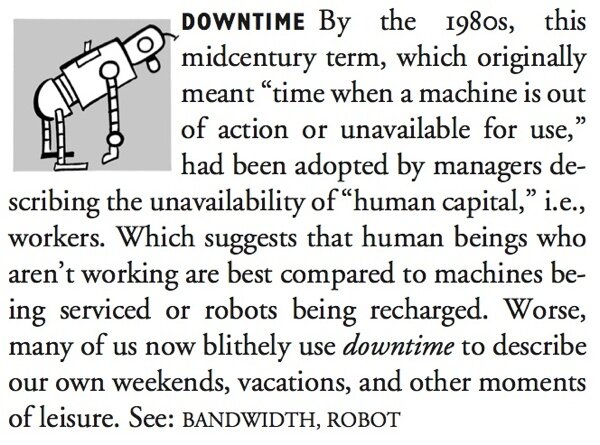

 www.vox.com
www.vox.com
I’m an anthropologist, and I can tell you there are plenty of societies where people work three or four hours a day. Most peasant societies worked that. You’d work 12 hours a day during harvest time and in the off-season you’d work two or three hours. The average medieval serf worked way less than we do, and the same is true of tribal societies around the world.
We imagine that if we take people’s work away, they’ll just sit around, drink beer, watch TV, and be depressed all day. But we just don’t have any experience of having time, but societies that do come up with all sorts of things to do.

 www.bbc.com
www.bbc.com
Working 55 hours or more a week was associated with a 35% higher risk of stroke and a 17% higher risk of dying from heart disease, compared with a working week of 35 to 40 hours.
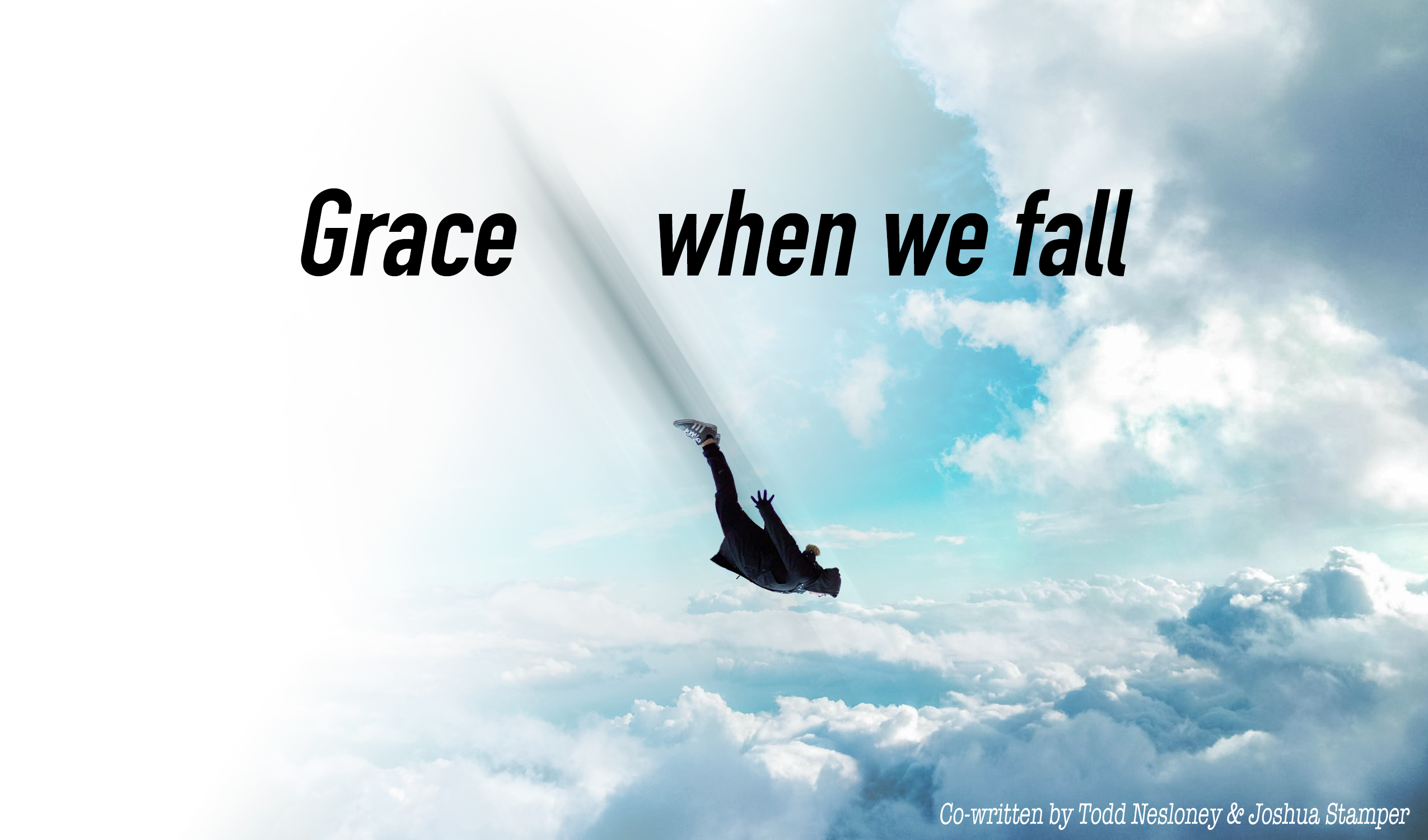
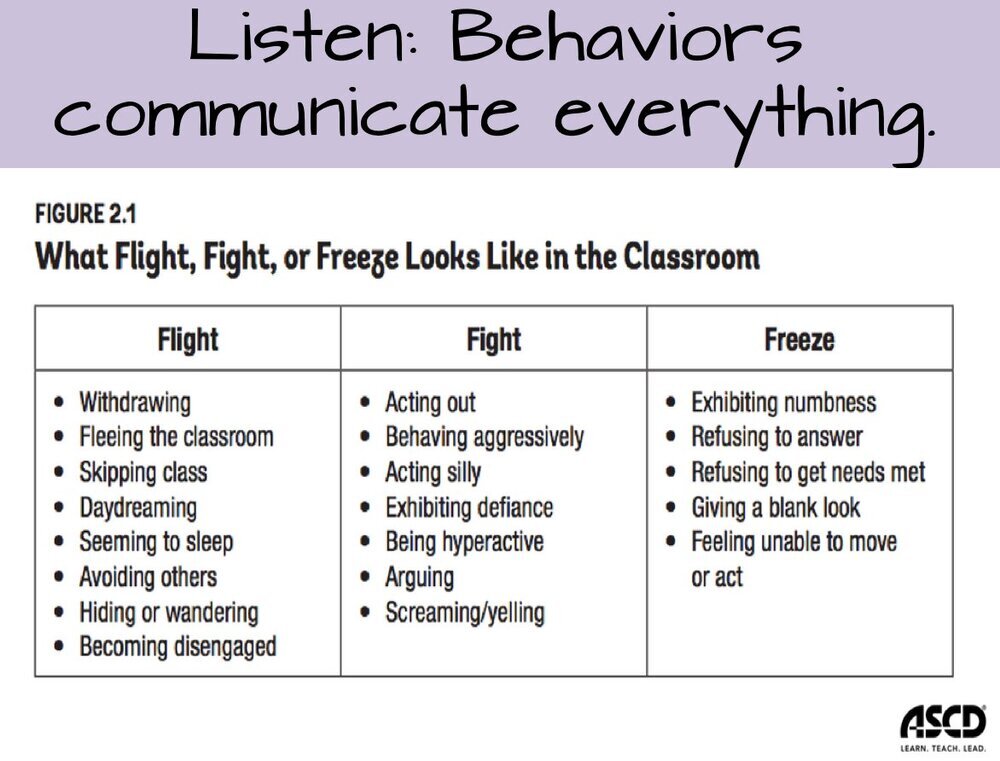
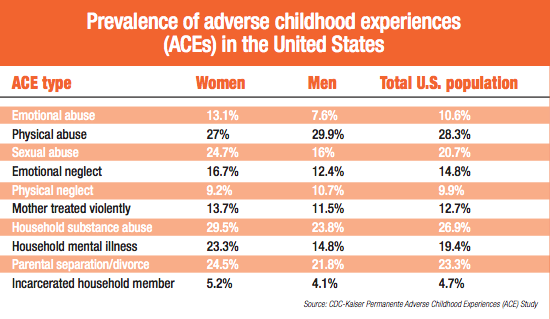

 www.psychologytoday.com
www.psychologytoday.com
Research overwhelmingly suggests that people who have friends at work are more likely to like their job. While many individuals simply view their job as a means to pay the bills, it behooves every employee to conceptualize their job from an additional perspective: a social bank account. According to a major survey (Workforce, 2014), employees who report having many friends at work feel significantly more connected to their companies and are almost three times more likely to report that they love working there.
"Having a family member caring for the children is a huge relief for many working parents. And when they figure the amount of money spent on day care, working alternative shifts begins to make sense."
~ Dr. Mark Nagy
:extract_focal()/https%3A%2F%2Fpocket-syndicated-images.s3.amazonaws.com%2Farticles%2F962%2F1620420503_GettyImages-154532582.jpg)
 getpocket.com
getpocket.com
If the company culture is not in alignment with your own beliefs and values, you may be fighting an uphill battle to fit in and may consider whether it’s time to move on...Not fitting in is definitely a good-enough reason to move on.
Intolerance of Uncertainty, Anxiety, and Career Indecision
https://journals.sagepub.com/doi/full/10.1177/10690727211002564?casa_token=O9E3vVPXjr4AAAAA%3Ahy-r5tMcVk-F5Jz6Ioq7KR66HH0eM1fwG9p-HPi5158gV5eiA9EQn-D9mTFxvrKKP3wVDLKCioKg Intolerance of uncertainty (IU) refers to the tendency to fear the unknown and to worry excessively about potential future...
www.anxiety.blue
"Rather than attempting to eliminate uncertainty, CTC [chaos theory of careers] interventions reframe uncertainty as a potential source of opportunities and emphasize openness, flexibility, and readiness to take advantage of unplanned events that often surround career decision making."
In 2004, "human capital" (German: Humankapital) was named the German Un-Word of the Year by a jury of linguistic scholars, who considered the term inappropriate and inhumane, as individuals would be degraded and their abilities classified according to economically relevant quantities.
"Is this a private fight, or can anybody join?"
~ old Irish saying
~ old Irish saying

12 ways to make a slow workday go by faster
The next time you feel time dragging by at work, try these tips to stay focused and combat your urge to stare at the clock.
 www.businessinsider.com
www.businessinsider.com
12 ways to make a slow workday go by faster
The next time you feel time dragging by at work, try these tips to stay focused and combat your urge to stare at the clock.
Focus on your accomplishments, not your never-ending to-do list.
Don't allow your pending work tasks to submerge you in stress."The more you focus on what has happened successfully during the course of your day, the faster it will go by, because you're less overwhelmed by the next thing on the list and enjoying a sense of accomplishment instead," Crawford says.
David Baxter PhD
Late Founder
That's always been my way of managing my to-do list.
Start at the top. List all items in terms of urgency / priority / deadline.
Start at the top. List all items in terms of urgency / priority / deadline.
- Is there anything I can do right now with this item to move it forward or resolve it?
- If Yes, do it — and while I'm doing it, focus on this item alone and leave everything else for later.
- If No, go to the next item on the list and repeat until I get a Yes.
I also tell myself: “at least I am not a roofer in Phoenix.” 

The Wage Slave's Glossary: exclusive preview | Boing Boing
My friends Joshua Glenn and Mark Kingwell wrote a gem of a book called The Wage Slave’s Glossary, which was designed and edited by the great cartoonist Seth. They’ve kindly permitted me…

Bullshit jobs: why they exist and why you might have one
And why this professor thinks we need a revolution.
I’m an anthropologist, and I can tell you there are plenty of societies where people work three or four hours a day. Most peasant societies worked that. You’d work 12 hours a day during harvest time and in the off-season you’d work two or three hours. The average medieval serf worked way less than we do, and the same is true of tribal societies around the world.
We imagine that if we take people’s work away, they’ll just sit around, drink beer, watch TV, and be depressed all day. But we just don’t have any experience of having time, but societies that do come up with all sorts of things to do.

Long working hours killing 745,000 people a year, study finds
The World Health Organization says the trend may worsen due to the coronavirus pandemic.
Working 55 hours or more a week was associated with a 35% higher risk of stroke and a 17% higher risk of dying from heart disease, compared with a working week of 35 to 40 hours.
"You cannot improve one thing by 1000%, but you can improve 1000 little things by 1%."
~ Jan Carlzon, Moments of Truth
~ Jan Carlzon, Moments of Truth
Trauma, Acceptance and Commitment Therapy (ACT), Self-Care, and Love
Moral distress • The feeing that a nurse knows the right thing to do but is unable to do so because of institutional constraints.
20-30% of adult critical care nurses surveyed had PTSD symptoms related to their work. (3.5 prevalence, 6.8% lifetime rate)
• Stressors most commonly linked to PTSD symptoms were not end of life issues or witnessing violent trauma, but were related to work conditions such as feeling overextended, fear of adverse events due to their care, poor team interactions, direct threats such as combative patients and verbal abuse from family members.
Moral distress • The feeing that a nurse knows the right thing to do but is unable to do so because of institutional constraints.
20-30% of adult critical care nurses surveyed had PTSD symptoms related to their work. (3.5 prevalence, 6.8% lifetime rate)
• Stressors most commonly linked to PTSD symptoms were not end of life issues or witnessing violent trauma, but were related to work conditions such as feeling overextended, fear of adverse events due to their care, poor team interactions, direct threats such as combative patients and verbal abuse from family members.
Last edited:

Grace When We Fall - Trauma Strategies - Joshua Stamper Blog - Aspire
Joshua Stamper and Todd Nesloney discuss the effects of student trauma, behavior as communication, fight/flight/freeze responses and calming strategies.
joshstamper.com


Last edited:
"Humans don’t mind hardship, in fact they thrive on it; what they mind is not feeling necessary. Modern society has perfected the art of making people not feel necessary."
— Sebastian Junger
— Sebastian Junger

4 Ways to Like Your Job More
As a rule, things tend to get better by following a plan of action. To start liking your job more, practice these four behaviors which are supported by research on employees.
Research overwhelmingly suggests that people who have friends at work are more likely to like their job. While many individuals simply view their job as a means to pay the bills, it behooves every employee to conceptualize their job from an additional perspective: a social bank account. According to a major survey (Workforce, 2014), employees who report having many friends at work feel significantly more connected to their companies and are almost three times more likely to report that they love working there.
Overnight Shifts Not Always Bad For Married Folks
Overnight Shifts Not Always Bad For Married Folks April 2, 2004 Married Shift Workers Report Higher Job Satisfaction Than Single Co-Workers Maybe working shifts isn't as tough on marriages as many believe. A study conducted by Xavier University researchers found that married workers...
forum.psychlinks.ca
"Having a family member caring for the children is a huge relief for many working parents. And when they figure the amount of money spent on day care, working alternative shifts begins to make sense."
~ Dr. Mark Nagy
:extract_focal()/https%3A%2F%2Fpocket-syndicated-images.s3.amazonaws.com%2Farticles%2F962%2F1620420503_GettyImages-154532582.jpg)
What to Do When You Feel Like You Don’t Fit In at Work
Culture fit isn’t just a fluffy goal. Having friends at work is important for your productivity and happiness.
If the company culture is not in alignment with your own beliefs and values, you may be fighting an uphill battle to fit in and may consider whether it’s time to move on...Not fitting in is definitely a good-enough reason to move on.
"Success is the sum of small efforts -- repeated day in and day out."
~ Robert Collier
~ Robert Collier
Replying is not possible. This forum is only available as an archive.
Similar threads
- Replies
- 5
- Views
- 4K
- Replies
- 15
- Views
- 5K
- Replies
- 15
- Views
- 4K


